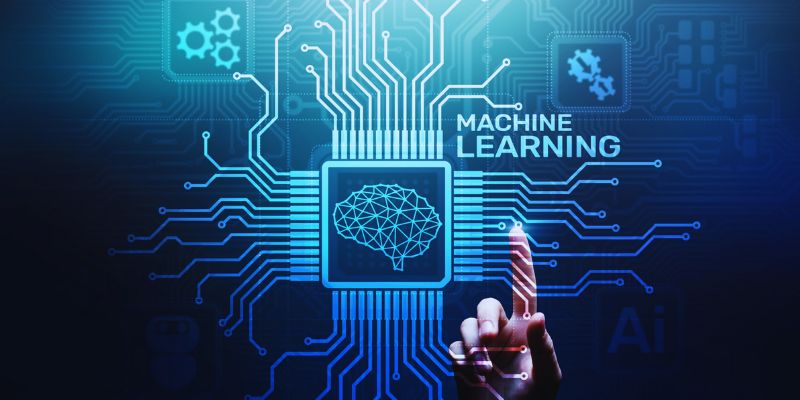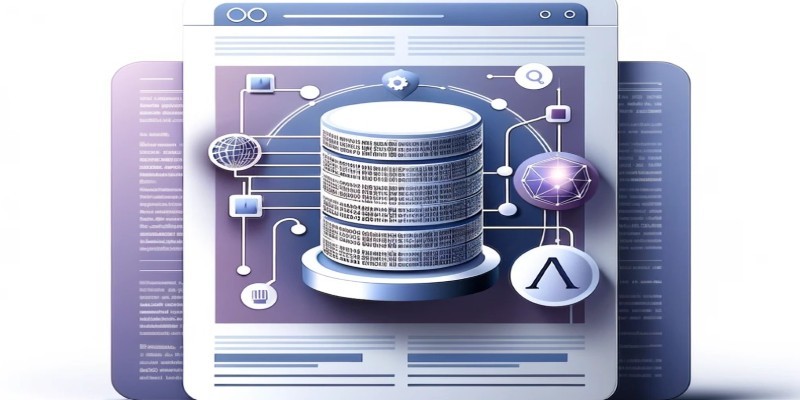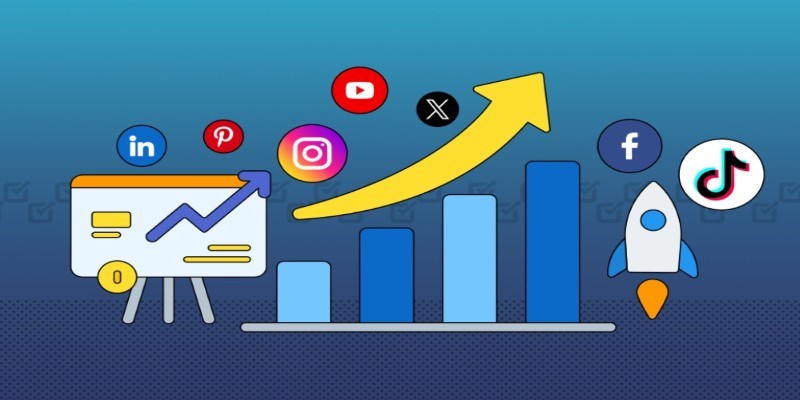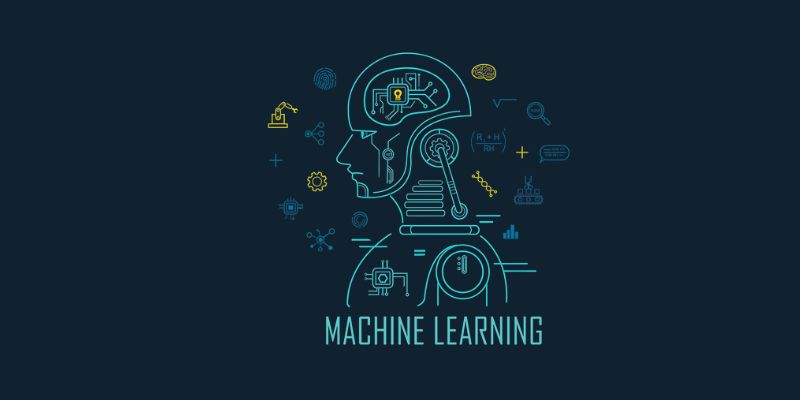Advertisement
Manufacturing has always looked for better ways to increase productivity and cut costs. New challenges like supply chain issues and worker shortages are pushing the industry to change again. Nearly half of a company's profits could be lost in the next ten years due to these problems. Therefore, to solve these challenges, many companies are turning to AI.
The advanced technology can help fix how production lines run, reduce waste, and solve many problems. Aside from that, AI can also save money, increase production, and make customers happier. That is why 82% of businesses are using or considering AI. If you also plan to implement AI in your businesses, do not forget to learn the AI use cases discussed here!

AI Use Cases In Manufacturing
Here is the AI in manufacturing use cases.

Using AI in the manufacturing industry is so beneficial. Here are the benefits of using AI in manufacturing.
AI is changing how manufacturers work by making processes faster, smarter, and more efficient. It offers real solutions to challenges like labor shortages and supply chain issues, from improving product design to reducing waste and boosting productivity. AI helps companies save time, cut costs, and deliver better results. As more manufacturers use this technology, they will be better prepared for the future. AI can lead to a stronger, more advanced, and more competitive manufacturing industry.
Advertisement

Know how 5G and AI are revolutionizing industries, making smarter cities, and unlocking new possibilities for a connected future

Discover machine learning model limitations driven by data demands. Explore data challenges and high-quality training data needs

How to enhance RAG performance with CRAG by improving docu-ment ranking and answer quality. This guide explains how the CRAG method works within the RAG pipeline to deliver smarter, more accurate AI responses using better AI retrieval techniques

Discover the top 5 benefits of RingCentral's RingCX, the AI-powered CCaaS platform redefining cloud-based customer service.

Think ChatGPT is always helping you study? Learn why overusing it can quietly damage your learning, writing, and credibility as a student.

Find out the 8 top-rated AI tools for social media growth that can help you boost engagement, save time, and simplify content creation. Learn how these AI-powered social media tools can transform your strategy

Looking for a better way to organize your email inbox? Clean Email helps you sort, filter, and declutter with smart automation and privacy-first tools

Discover how machine learning is shaping the future with smarter tools, personalized tech, and new opportunities for innovation

Need to test or run Python code without installing anything? These 12 online platforms let you code in Python directly from your browser—ideal for scripts, demos, or full projects

Learn how to build Custom GPTs using this step-by-step guide—perfect for developers, businesses, and AI enthusiasts alike.

What if you could measure LLM accuracy without endless manual checks? Explore how LangChain automates evaluation to keep large language models in check

Collaborative robots, factory in a box, custom manufacturing, and digital twin technology are the areas where AI is being used